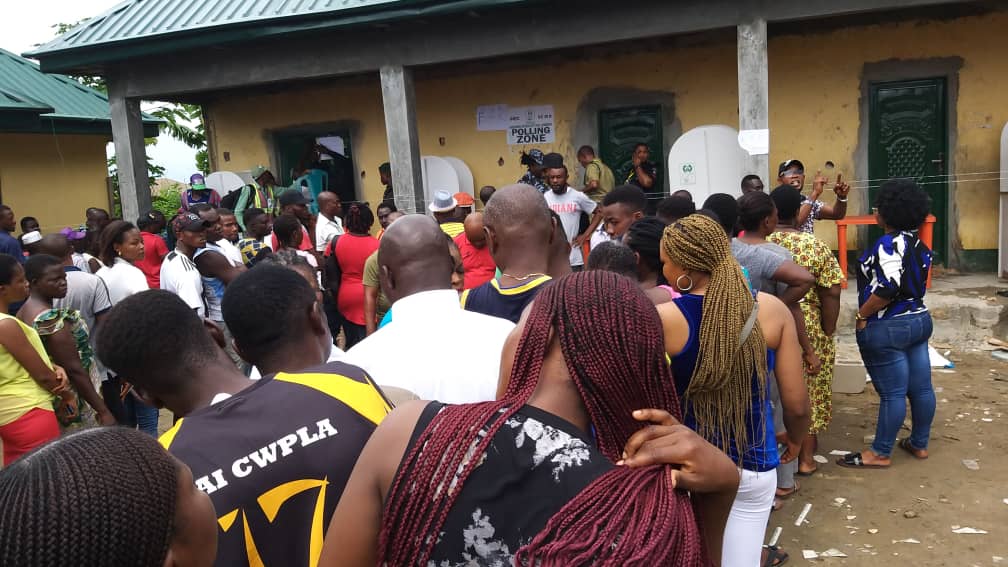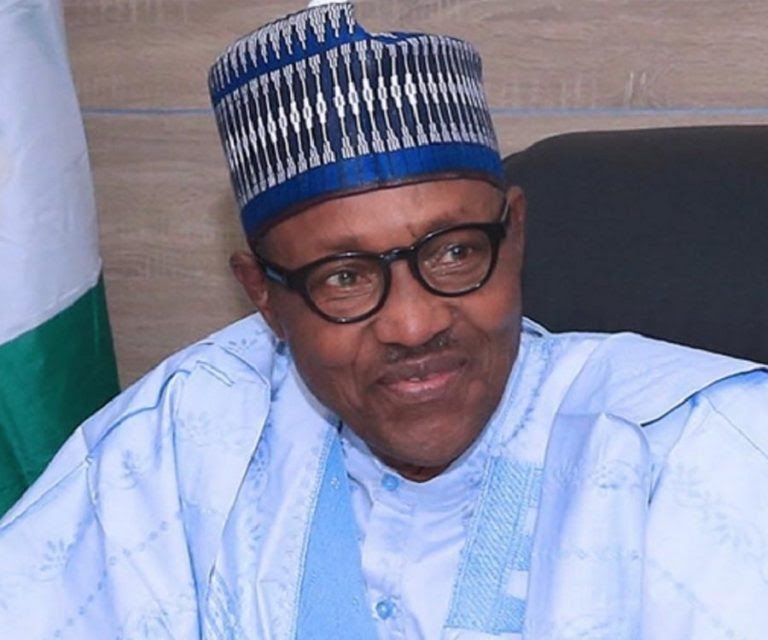There is no gainsaying the fact that the 2023 general elections were fraught with electoral irregularities. From late commencement of voting to failure to upload election results on the BVAS, and then from violence in some areas and accompanying disenfranchisement of a number of registered voters.
The most prominent of these electoral irregularities is rigging. While it is true that the results may have been rigged, but, knowing that it takes two to tango, what really is rigging and how is it actualized?
Rigging, according to Cambridge Dictionary, is the act of arranging dishonestly for the result of something, for example an election, to be changed. This may involve ballot rigging, where there are more votes, or falsifying, reducing, or changing figures to suit a political party.
ALSO READ: Rigging claims: Buhari, Tinubu ask parties to seek redress in court
It may also be bribery, threats, undue influence, intimidation and other acts of coercion exerted on voters.
Nigeria has historical cases of rigging. After allegations of massive rigging in the 1965 elections, the country’s western region was engulfed in the infamous “Operation Wet-ie” riots. And since 1999, when the country broke with military rule, five elections have been conducted all of which have been tainted by controversy.
Yet, there are two instances in Nigeria where the voters got what they wanted: firstly, the June 1993 presidential election, even though it was annulled, and secondly the 2015 presidential election where the then incumbent Goodluck Jonathan conceded to current President Mohammadu Buhari.
ALSO READ: Nigeria’s democracy, no longer business as usual
The loud wail of rigging is mostly orchestrated by Obidients who believ that the election results were falsified to favour the current president-elect, Bola Ahmed Tinubu. There are talks that Peter Obi could have won massively in places like Lagos, Benue, Taraba, Nasarawa or garnered more votes in Ekiti and Cross River states.
However, if the election results were rigged, there is also a possibility for rigging to have occurred in Anambra state where Peter Obi had 95.24% votes and Tinubu had 0.83%, or Ebonyi state where Obi had 79.83% and Tinubu had 13.03%. The same trend occurred in Abia, Imo, Plateau and other states where Obi won.
Against this backdrop, we cannot dismiss completely the high likelihood that vote rigging is easier in places where the chances of a political party’s winning are higher or where people ordinarily expect a candidate to have more votes than other candidates.
If results were rigged in these areas, people would not be quick to notice. Therefore, bearing in mind that it takes two to tango, the other political parties, especially Labour Party, might have also been complicit in this vote or ballot rigging.







